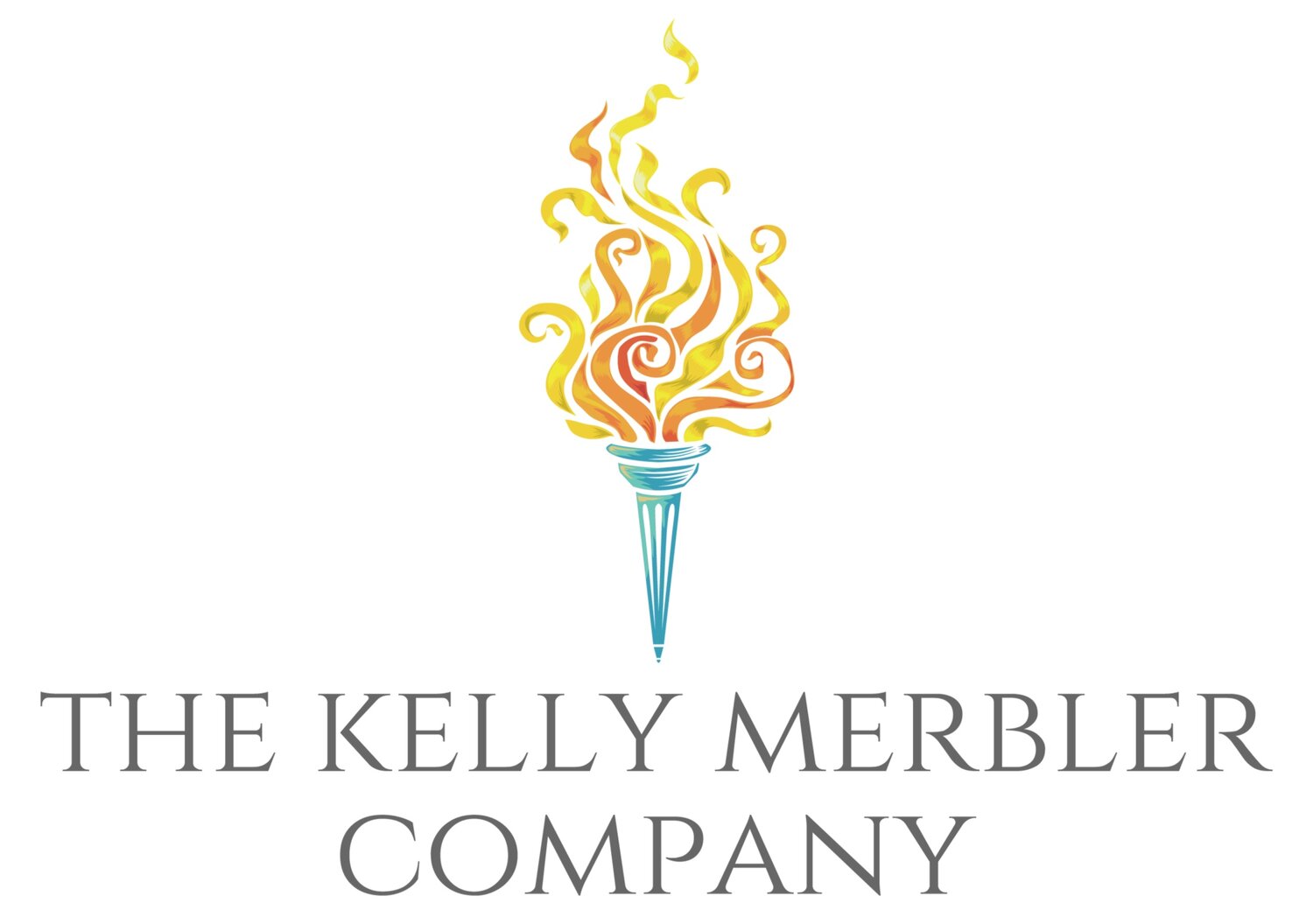75% of our workforce in 2025 will be…
The Snowflake Generation? Not Exactly…
Lazy, entitled, job hoppers, impatient, self-absorbed, and the one I found most interesting – snowflake.
These were the most common responses to a recent survey I conducted with 100 millennials leading up to my event, "The Mindset of the Millennial".
The question I asked was simple, “What are some stereotypical words and phrases used to describe millennials?”
My first company event, "The Mindset of the Millennial" brought together more than 60 senior leaders from the South Florida area and spanned all generations from different industries including our 5 superstar millennial leaders on the dais who ranged in age from 23 to 37 years old.
I have always felt a passion for developing young leaders and providing them with opportunities to stretch their potential. This event was my way of merging many great millennial leaders together to share what they are doing around the South Florida marketplace. It also served as a view corridor for other generations to become engaged in the discussion to understand more about the largest growing generation in our workforce today.
According to a recent article released at INC.com, by 2020, "Millennials (those born between about 1980 and 2000) are forecast to comprise half of the American workforce, and by 2025, 75 percent of the global workforce". Companies including Ernst & Young and Accenture have already reported that Millennials make up over two-thirds of their entire employee base.
Other marketing references will occasionally use the terms, “Generation Snowflake”, or “Snowflake Generation”, which is a neologistic term used to characterize Millennials and Generation Z as being more prone to taking offense and having less psychological resilience than previous generations, or as being too emotionally vulnerable to cope with views that challenge their own. For the record, none of those alleged generational traits were present within any of our panelists. If anything, this talented group of leaders is far too busy setting the standards high and doing great things to sit around and debate labels applied to their generation.
During the panel discussion, we came together to learn what our largest growing segment of the workforce is looking for and what they are seeking within an organization.
Here are my biggest takeaways from this panel discussion addressing what millennials are seeking:
1. Coaching and Development: Millennials are not lazy! They are hungry for growth and want to learn how to be the best version of themselves. When they go to work for an organization, they are looking for someone within who will inspire them, not direct them. Those organizations who practice investing in their employees and see the ROI that can come from it will be the lucky few who attract the most talented candidates from this generation.
2. Flexible Hours: This was a top “ask” for the millennials we surveyed. With technology these days, millennials can work from anywhere and many seek the ability to manage their own schedule with the understanding that they must produce results. The companies that are recognizing this trend and creating the flexibility to work from anywhere are attracting more of this generation and will create more loyalty as a result (this trend obviously does not include hospitality roles like server, front desk, etc.). Many of the millennials we surveyed work late into the night doing their job and put in more hours in the end as a result. Plus, honestly, as long as the work is getting done and the results meet or exceed expectations, do we really need to be in an office from 8 am-5 pm each day?
3. Purpose, Vision, Values, and Corporate Social Responsibility are important drivers in the millennial mindset. This generation is very interested in making an impact in the world and they want to create positive change. Organizations that are strong in corporate social responsibility initiatives and see that these programs are not just a reason millennials want to get out of the office but see that they are connected to their sense of purpose and helping the world will be at an advantage.
4. According to a Gallup millennial report, 58% of millennials say that the quality of the leader they will be working with is extremely important to them when applying for a new job. They want to work “with” someone not “for” someone and see that this leader will help them grow and develop.
5. Millennials will be loyal if they feel a company and/or leader is loyal to them and not just about the bottom line. They are hungry to grow and will look for areas of opportunities to use their strengths and what they bring to an organization. They are looking for continuous coaching conversations over annual reviews. Constant feedback on how they can do better as well as letting them know why they are being asked to do certain tasks is a need they frequently experience.
In the survey and within the conversation of the panel during the event, I didn’t once hear that amenities of an organization were important to millennials when they were looking for a job or at the top of their list of needs of current employment. Quality of leadership, sense of purpose, innovation, flexibility, and ongoing development seem to be the leaders within this generation. Those companies that are in tune with these elements will have the greatest shot at attracting and retaining this dynamic and fierce generation.
Overall, I am even more impressed than I was already by the talent that is out there and developing each day. With the talent pool so tight in today’s market and so many organizations looking to attract the best talent to their workforce, it will be the organizations that innovate and invest in their workforce who will win in the end.
To your growth,
Kelly
